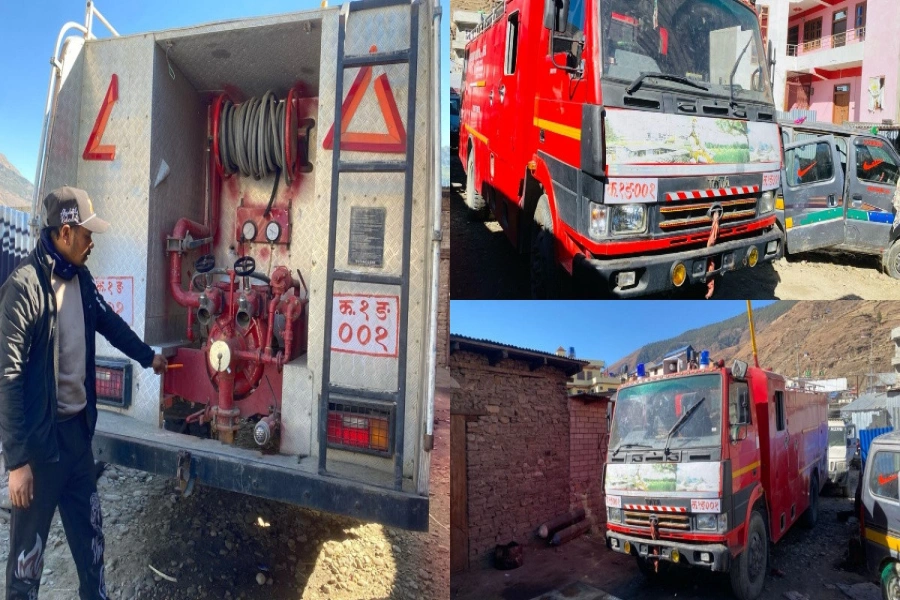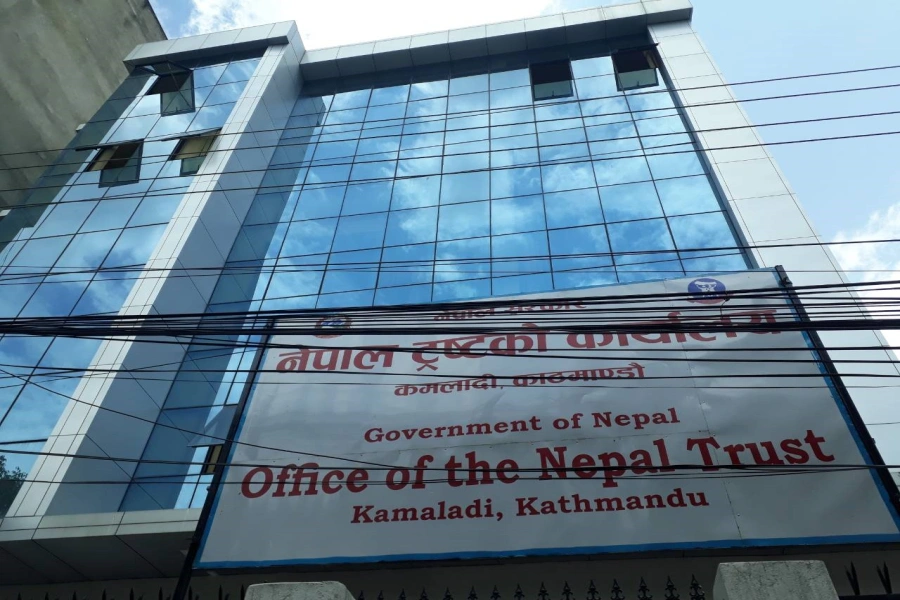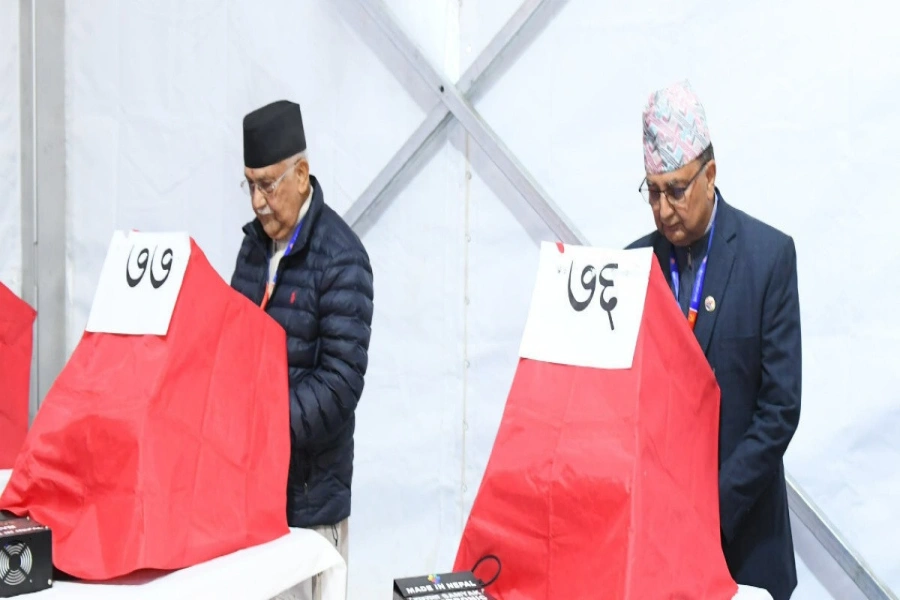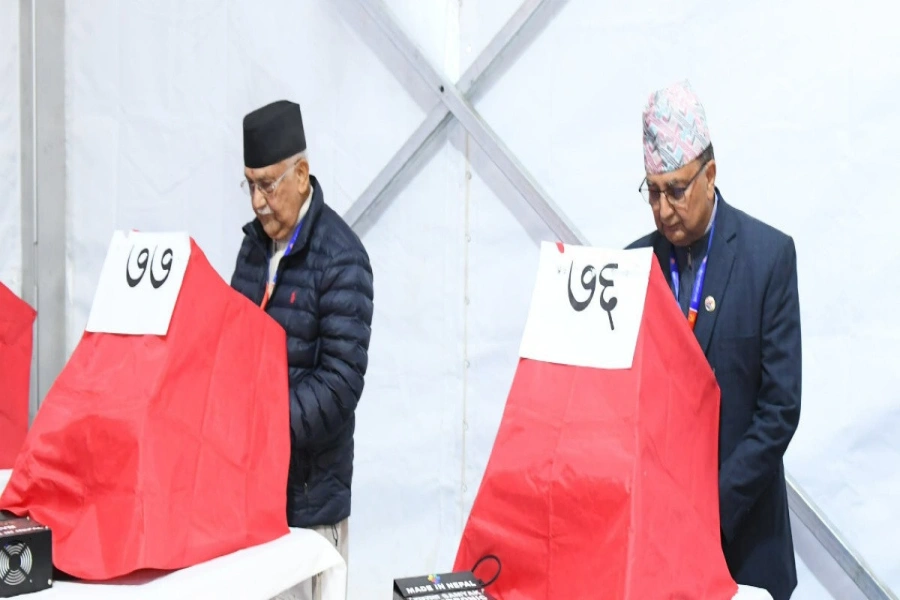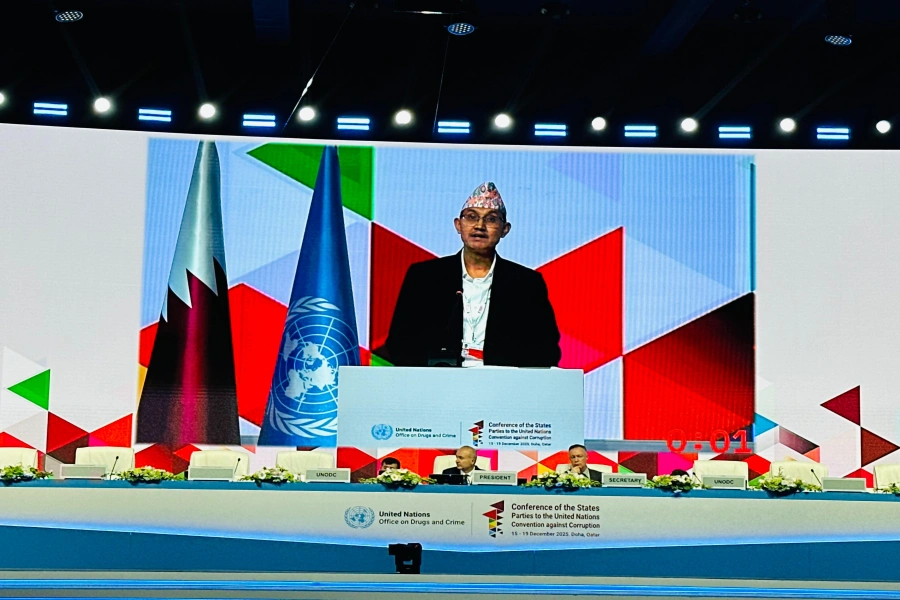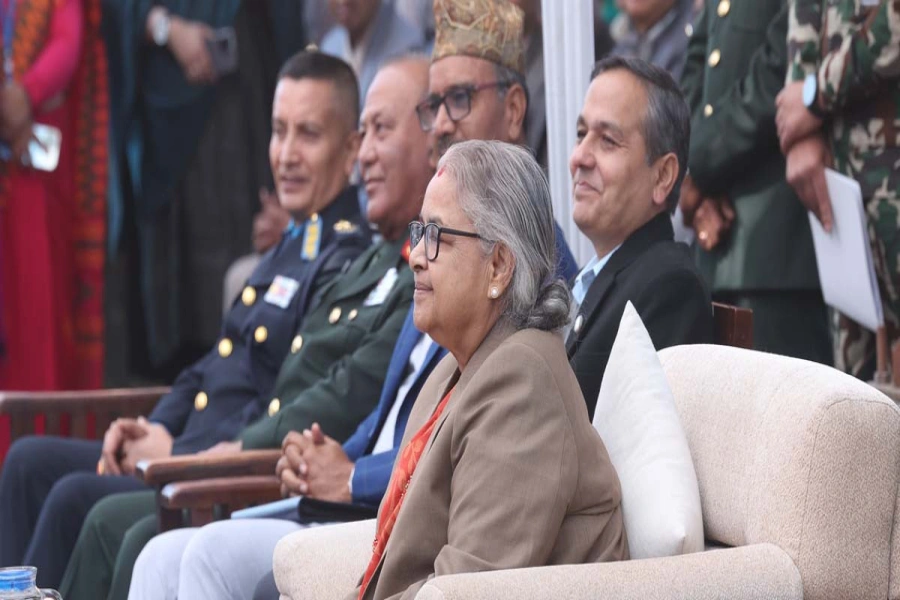Farmers in Nepal face challenges not only in selling their produce at fair prices but also face significant difficulties in production. Many lack access to essential services like agro-veterinary consultations, improved seeds, and other agricultural inputs, which hampers their productivity. A unique project designed and implemented to address these challenges has demonstrated how Nepal can advance its agricultural sector, aligning with the government's decision to celebrate 2024-2034 as the Decade of Agriculture.
KATHMANDU, Aug 28: In Nepal, agricultural goods often pass through multiple layers of middlemen, each adding significant markups, leading to unfairly high prices for consumers. Typically, these products travel from the manufacturers to the dealers, then through several distributors, wholesalers, and retailers before finally reaching consumers. The lack of regulations to manage these intermediary layers leaves farmers with minimal profits, or even losses, as they struggle to sell their products.
These farmers face challenges not only in selling their produce at fair prices but also face significant difficulties in production. Many lack access to essential services like agro-veterinary consultations, improved seeds, and other agricultural inputs, which hampers their productivity. A unique project designed and implemented to address these challenges has demonstrated how Nepal can advance its agricultural sector, aligning with the government's decision to celebrate 2024-2034 as the Decade of Agriculture.
As more farmers turn to alternative professions or seek foreign employment, the Knowledge-based Integrated Sustainable Agriculture in Nepal (KISAN) project has shown the path ahead, connecting farmers directly with potential buyers, offering necessary inputs early on and delivering training through an integrated approach. This market-based model has helped reduce the risk of losses, encouraging farmers to continue their work and contribute to the country's food security.
Experts argue that the integrated model adopted by this USAID-supported project has the potential to expand the private sector's role in agriculture, attract investment, and boost both agricultural production and economic prosperity in Nepal.
USAID's five year long KISAN II project concludes
_20240620184020.jpeg)
Joint Secretary Dr Ram Krishna Shrestha at the Ministry of Agriculture and Livestock Development highlighted the project's Rice Mill Model, which connected paddy farmers directly with rice mill owners, and provided support through extension workers and agricultural inputs like improved seeds and fertilizers. Similarly, maize aggregators and agro-veterinary services were integrated into the project. "The integration of the value chain in this project has brought about positive results," he said.
Farmers involved in the project reported not only easier access to buyers but also timely support. Bhimsen Kurmi, a farmer from Banke district, associated with Sahu Rice Mill, shared how the mill owner advised him on the types of paddy to grow based on market demand.
After spending several years in Malaysia for work, Kurmi initially grew coarse rice on 3.3 hectares. However, joining the Bholenath Farmers’ Group and partnering with a local Sahu Rice Mill marked a turning point. With specialized training in fine rice production, he transitioned from coarse to fine and aromatic rice varieties, now cultivating fine rice on 2.6 hectares and aromatic rice on 0.66 hectares, earning over $5,000 annually.
Maize aggregator Ishwari Bhattarai shared a similar experience. Previously reliant on importing quality maize for the sale in the local market, the KISAN project enabled local farmers to produce comparable maize within Nepal, benefiting both the farmers and aggregators. The project provided farmers with knowledge on proper farming and storage practices, as well as improved seeds.
From July 2017 to July 2024, USAID’s KISAN II project supported over 270,600 farmers, including 73 percent women and 63 percent from marginalized groups. The partnership between USAID, the government and the private sector significantly increased agricultural productivity and sales across 25 districts in Nepal.
The project partnered with 177 firms in various 25 districts and supported nearly 600 extension workers, helping farmers access markets and finance, while providing over 35,000 farming households with irrigation system. This support led to a 139 percent increase in production and $476 million in farm sales. By promoting climate-smart agricultural practices and new digital technologies, USAID empowered farmers to better cope with climate change impacts.
“We are proud to help Nepali farmers harness the potential of the country’s agriculture to increase their incomes, expand their access to healthy foods in local markets, and improve the country’s overall food security and prosperity,” said Deputy Chief of Mission at the U.S. Embassy Jason Meeks.
Government officials noted that the Rice Mill and Maize Aggregation Models introduced by the project enabled millers and aggregators to support farmers and purchase produce at fair prices. The success of the Rice Mill Model has led to its adoption by government bodies. Additionally, KISAN II facilitated the Joint Sector Review, aiding in the review and prioritization of the Agriculture Development Strategy, which the Government of Nepal is now institutionalizing for long-term use.
Although the second phase of the KISAN project concluded recently, its impact continues through the ongoing work of the Rice Mill Model and the Maize Aggregators Model, demonstrating the project's sustainable approach.
"We are continuing the work initiated by the KISAN project. While we initially had support from the project to have JTAs (Junior Technical Assistant), we are now retaining them at our cost even after the project’s conclusion, mobilizing them as both the JTA and our purchase staff," said a private sector representative Sanjaya Sahu, the owner of Sahu Rice Mill.
The project was part of the U.S. Government’s Feed the Future Initiative, which has provided more than $181 million in assistance since 2011, helping over 800,000 Nepali farmers increase their incomes through improved agricultural productivity and sales.





